Working with a trusted financial professional is important when it comes to strategizing and preparing to meet your financial goals. But as most of us handle money on a daily basis, it’s important to have an in-depth understanding of the fundamentals of financial literacy. Since April is National Financial Literacy Month, below are five financial basics everyone should know. Understanding these important concepts can serve as a basis for your financial standings.
Basics #1: Debt & Credit Scores
Understanding the ways in which credit or debt can work with or against you should serve as the foundation of your financial knowledge. First and foremost, it's not wise to avoid credit or debt altogether out of fear or intimidation. Instead, it’s important to have a firm grasp on your financial standings and a plan for tackling debt responsibly.
Debt
When used correctly, debt can be useful. But when misused, it can spiral out of control fast. Missed payments can accrue interest or penalties and may impact your credit score in a negative way. Debt that is managed responsibly can help you reach important goals like buying a car, purchasing a home, going to college, starting a business and more.
Credit Score
Your credit score is one of the factors lenders use to judge your trustworthiness and qualification for mortgages, auto loans, and other lending opportunities. Landlords and employers may also check your credit before renting to you or offering you a job. Your credit score is dependent on a number of factors including previous credit history, current debts, history of payments, and more.
Basics #2: Interest
There are two sides to interest that can make it a tricky concept to grasp - interest accrued on debt and interest accrued on savings.
When you take on debt (like credit card debt, an auto loan, or a mortgage), you’ll be responsible for paying back both the principal amount (the amount you borrowed) and the interest accrued on the loan. The interest is how a lender makes money on the loan and provides the borrower with an incentive to pay the loan back in full and on time.
When you have a savings account that accrues interest, the interest earned gets added to the principal (the amount you put into the savings account). Then, interest is earned on the new, larger principal, and the cycle repeats. This is called compounding interest, and it can be an integral part in growing your retirement savings. The longer the interest has to compound, the greater the savings will grow.
Basics #3: The Value of Time
As a general rule of thumb, it’s never too early to start saving, whether it be for retirement, purchasing a home, a child’s education, or whatever could be coming down the line. The earlier you start saving, the more you’ll be able to tuck away over time, especially with the power of compounding interest. This leverages the value of time to your advantage.
Basics #4: Inflation
Inflation has the potential to eat away the purchasing power of your money. That means, with inflation, the dollar you earn today may not be worth in the future what it's worth today. This is generally why you see prices of things you buy frequently go up over time. Below are two important concepts to remember regarding inflation.
Cash in a Mattress
Keeping all your cash under a mattress is not only unsafe, it literally costs you money. Assuming the annual rate of inflation is a hypothetical 2%, every dollar you keep under your mattress and not earning interest would shrink in value to $0.98 next year, then roughly $0.96 (actually $0.964) the next year, and so on.
Rate of Return
Because inflation erodes the purchasing power of your money, any returns you earn on your accounts may not be the “real” rate of return. If your savings account earned a hypothetical 5% rate of return over the last year, but inflation was 2%, your real rate of return was 3% percent because 5% minus 2% is 3%.
Basics #5: Identity Theft & Safety
Especially as the world shifts to doing everything virtually, identity theft remains one of the biggest threats to financial and personal security. A cracked password, misplaced Social Security number, or even a stolen wallet can have big consequences on your current and future finances.
The common wisdom is to use a unique password for each site or service you use. A password manager can make this easier by generating and storing strong passwords automatically.
It is also recommended to freeze your credit with each of the credit reporting bureaus (Equifax, Experian, and TransUnion). It's free and easy to do online. Whenever you want to open a new account you simply ask the lender or provider what credit bureau they use and you temporarily unfreeze your credit with that credit bureau. You can also set up free initial fraud alerts (renewable each year) that require creditors and lenders to call a predesignated phone number anytime someone tries to open a new credit account or loan with your Social Security number.
While this is a brief overview of some important financial basics, it’s important to work with your trusted financial professional to explore these topics further and set up and implement strategies for your specific situation. Remember to reach out if you have questions about any financial basics, and take this month to reevaluate your current financial knowledge as you identify potential areas for improvement.
This content is developed from sources believed to be providing accurate information. The information in this material is not intended as investment, tax, or legal advice. It may not be used for the purpose of avoiding any federal tax penalties. Please consult legal or tax professionals for specific information regarding your individual situation. The opinions expressed and material provided are for general information, and should not be considered a solicitation for the purchase or sale of any security. Digital assets and cryptocurrencies are highly volatile and could present an increased risk to an investors portfolio. The future of digital assets and cryptocurrencies is uncertain and highly speculative and should be considered only by investors willing and able to take on the risk and potentially endure substantial loss. Nothing in this content is to be considered advice to purchase or invest in digital assets or cryptocurrencies.
Enjoying Escient Financial’s Insights?
The weekly newsletter is usually delivered to your email inbox Friday or Saturday, and includes:
- the latest Escient Financial Insights articles
- a brief of the week's important news regarding the markets
- recommended third-party reads
- selected Picture of the Week
Escient Financial does NOT sell subscriber information. Your name, email address, and phone number will be kept private.
















